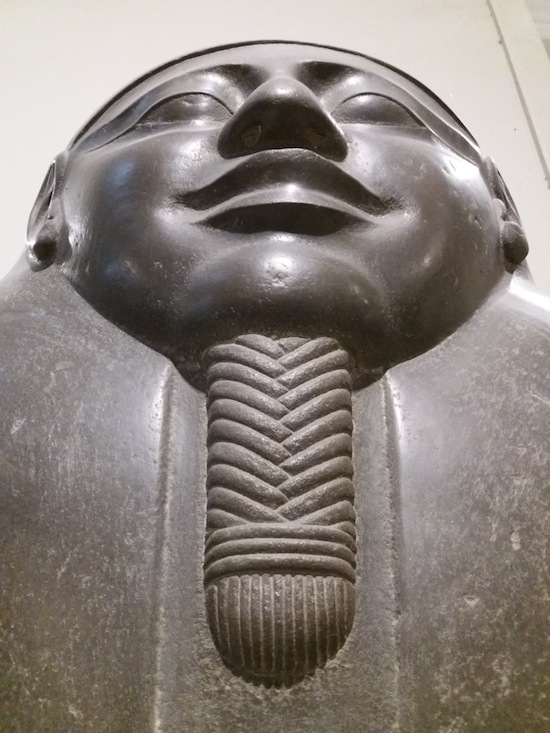We Don’t Get No Respect
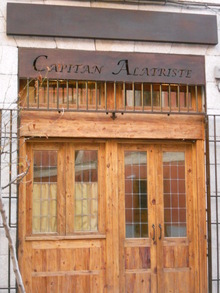 It’s often struck me that writers get more respect in other countries than they do in North America (I’m thinking specifically Europe here, since that’s the limit of my experience). When I told my (Spanish) mother as a child that I was going to be a writer when I grew up, she asked why was I wasting time talking to her, why wasn’t I getting started?
It’s often struck me that writers get more respect in other countries than they do in North America (I’m thinking specifically Europe here, since that’s the limit of my experience). When I told my (Spanish) mother as a child that I was going to be a writer when I grew up, she asked why was I wasting time talking to her, why wasn’t I getting started?
When a friend told her (Canadian) mother she wanted to be a writer, her mother told her she’d never make a living that way, and that she should go to law school. My mother recognized writing as a profession, and she further recognized that many writers do “other things” in order to live, because the writing doesn’t always pay. She always told people “my daughter is a writer” regardless of what I was doing to pay the bills.
When I tell non-writing strangers in Canada that I’m a writer, they ask me how much money I make; when I tell them I write fantasy, they either say “I don’t read that stuff” or they want to know why my books haven’t been made into a TV series. In Spain people congratulate me when they learn I’m a writer, are impressed when I say I write fantasy, and want to know if my books have been translated into Spanish.
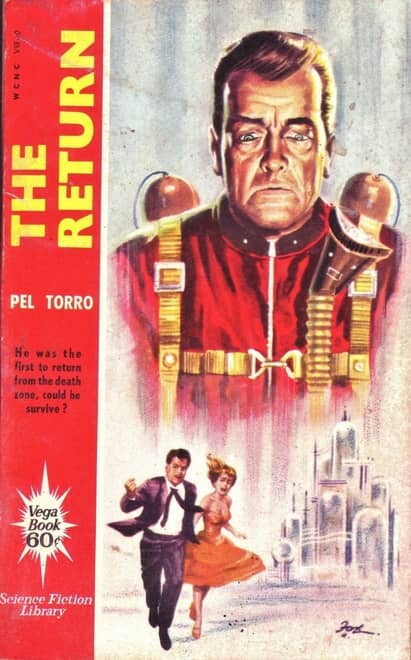
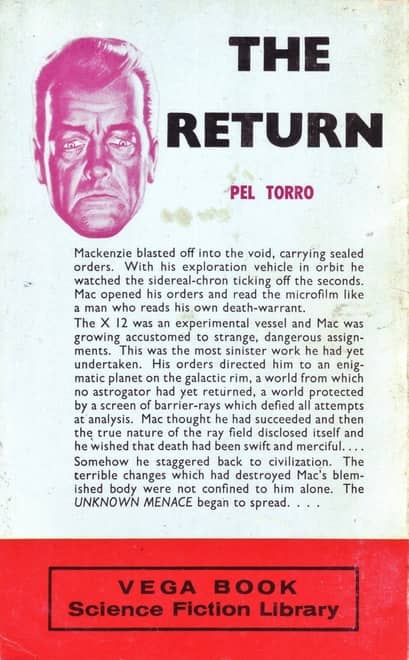
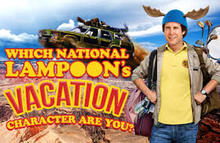 I wonder if there’s still a distinction to be made between holidays and vacations?* Back before “holy day” became “holiday” was there even such a thing as a vacation? Or were holy days really enforced vacations, in the sense that for some of them at least no work was allowed? Would that make the Sabbath a vacation as well as a holy day? Hmmm.
I wonder if there’s still a distinction to be made between holidays and vacations?* Back before “holy day” became “holiday” was there even such a thing as a vacation? Or were holy days really enforced vacations, in the sense that for some of them at least no work was allowed? Would that make the Sabbath a vacation as well as a holy day? Hmmm.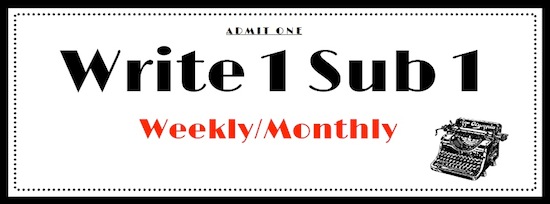

 There was a time when genre in fiction writing wasn’t quite the crowded mishmash of categories and sub-categories, and sub-sub-categories that we’re faced with now, which in any case double in number with the use of the prefix “YA.” There are so many that sometimes it gets difficult to decide which one you’re writing – or reading for that matter.
There was a time when genre in fiction writing wasn’t quite the crowded mishmash of categories and sub-categories, and sub-sub-categories that we’re faced with now, which in any case double in number with the use of the prefix “YA.” There are so many that sometimes it gets difficult to decide which one you’re writing – or reading for that matter.

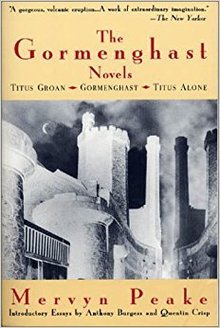 We’re always hearing about using setting as a character , and there’s no doubt that some stories simply can’t be told if they were set somewhere other than the place they’re in. Like, say, the wuthering heights in Wuthering Heights. You know, places that aren’t just somewhere for the characters to be (everyone has to be somewhere) but that in some way inform the whole story, and perhaps the characters as well.
We’re always hearing about using setting as a character , and there’s no doubt that some stories simply can’t be told if they were set somewhere other than the place they’re in. Like, say, the wuthering heights in Wuthering Heights. You know, places that aren’t just somewhere for the characters to be (everyone has to be somewhere) but that in some way inform the whole story, and perhaps the characters as well.